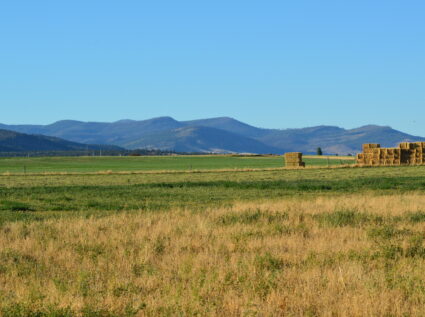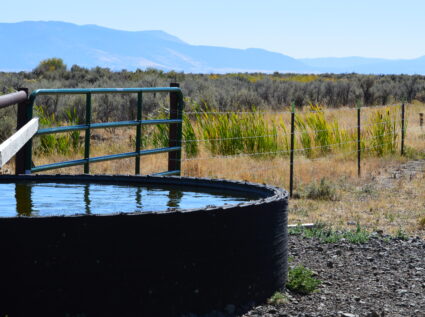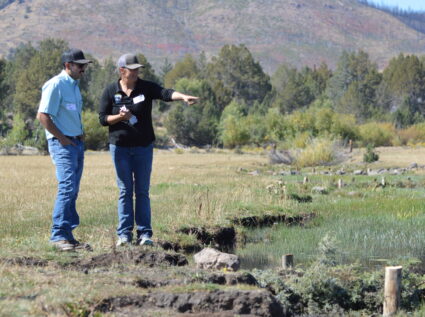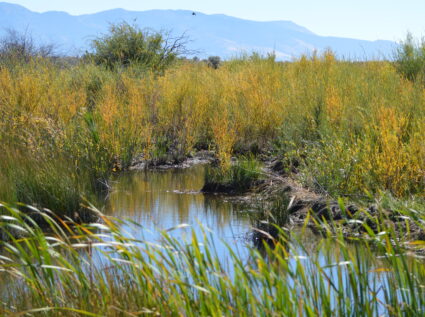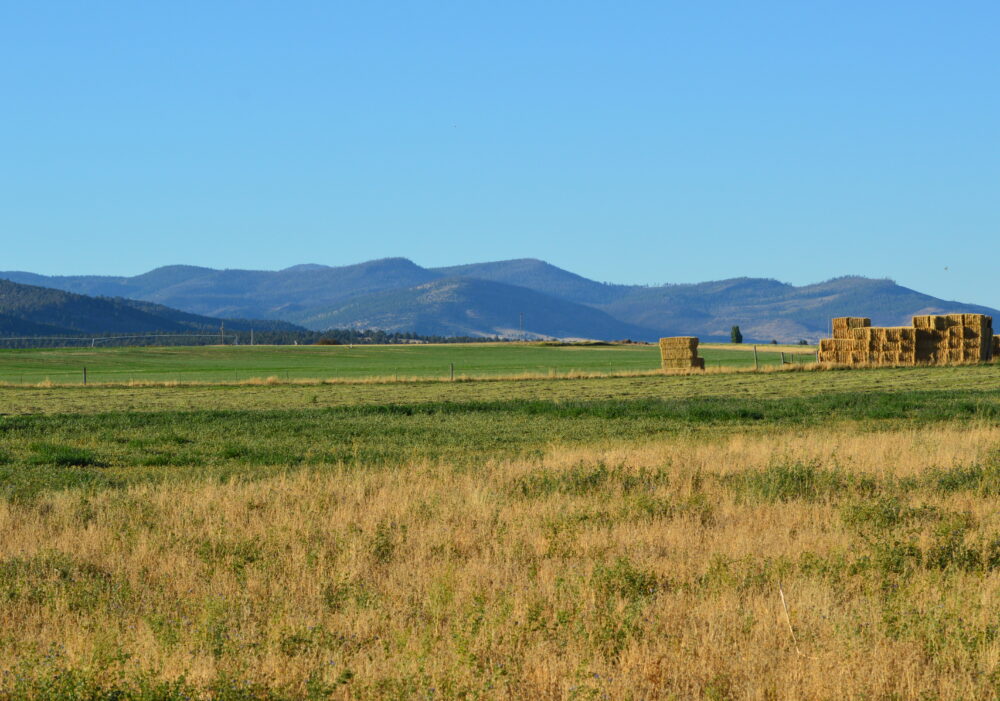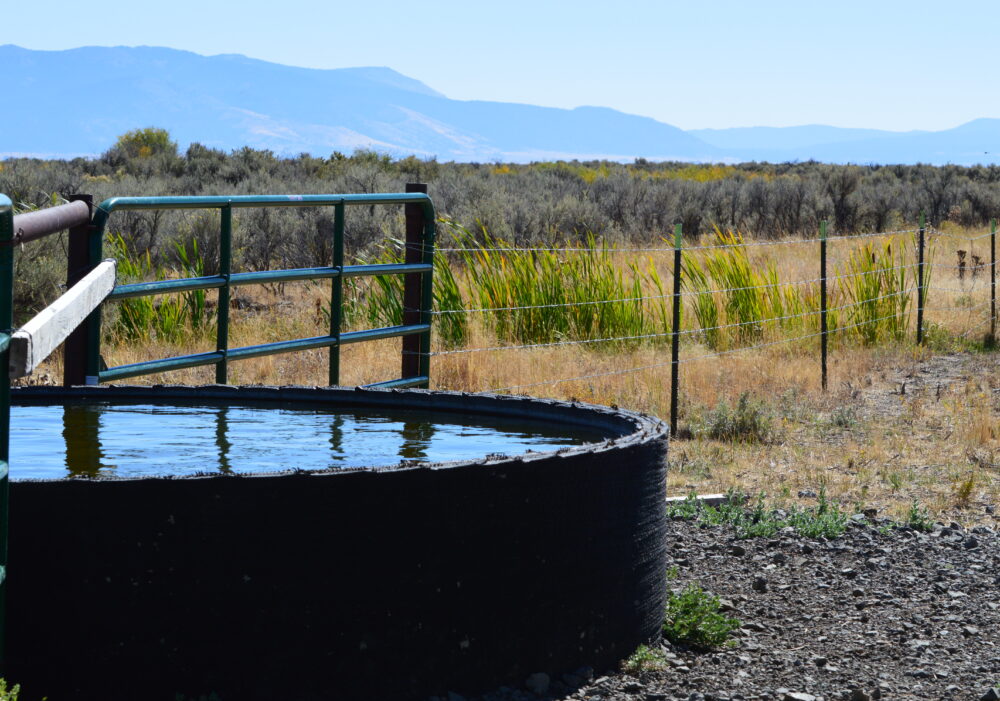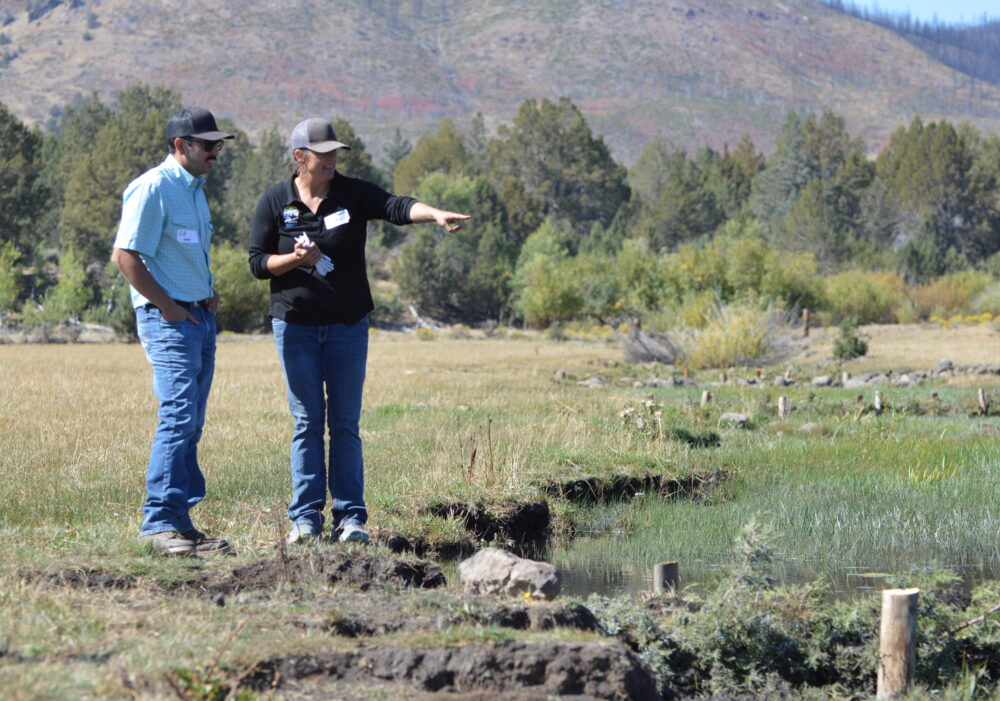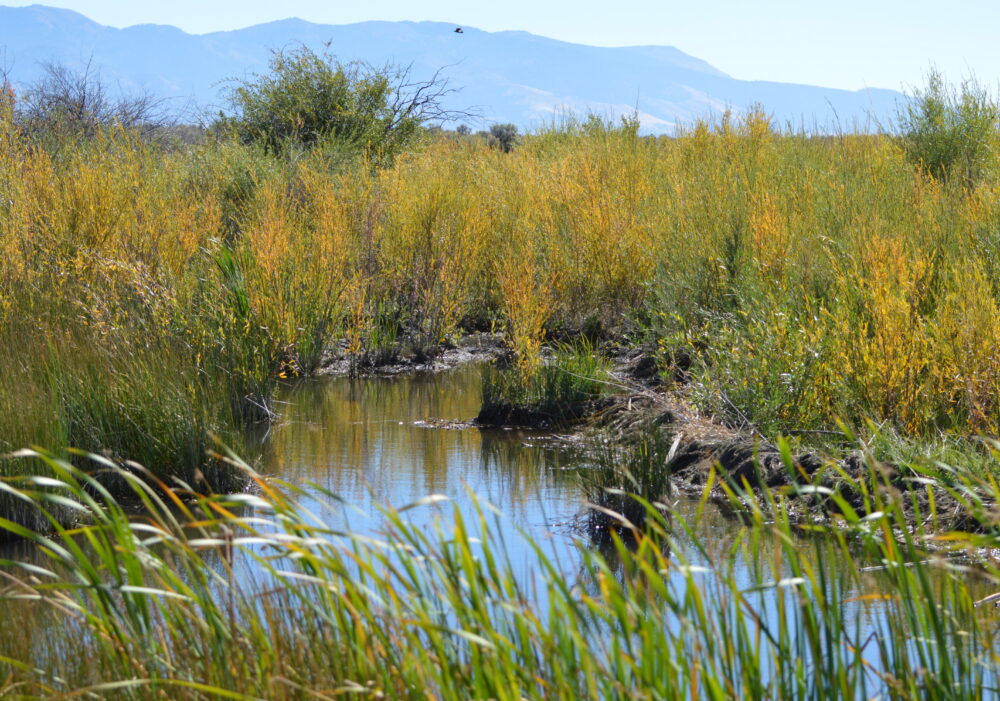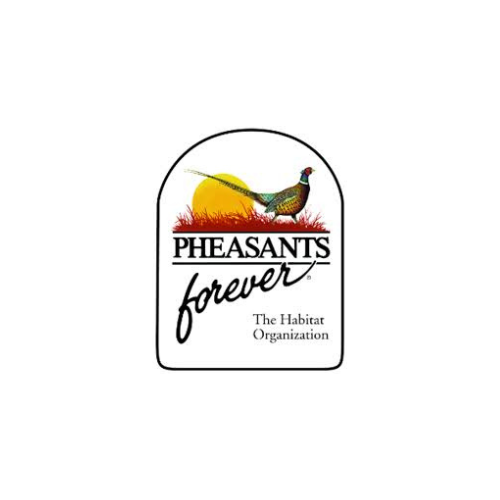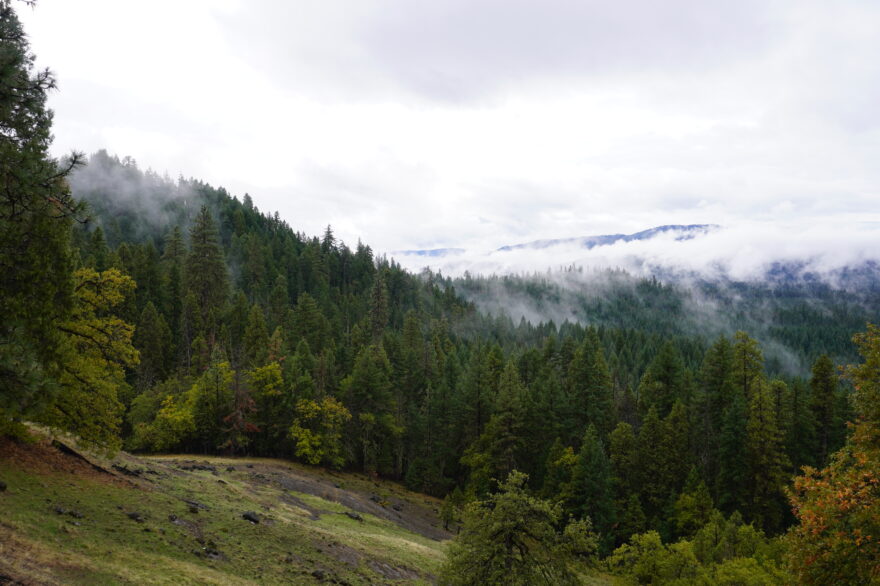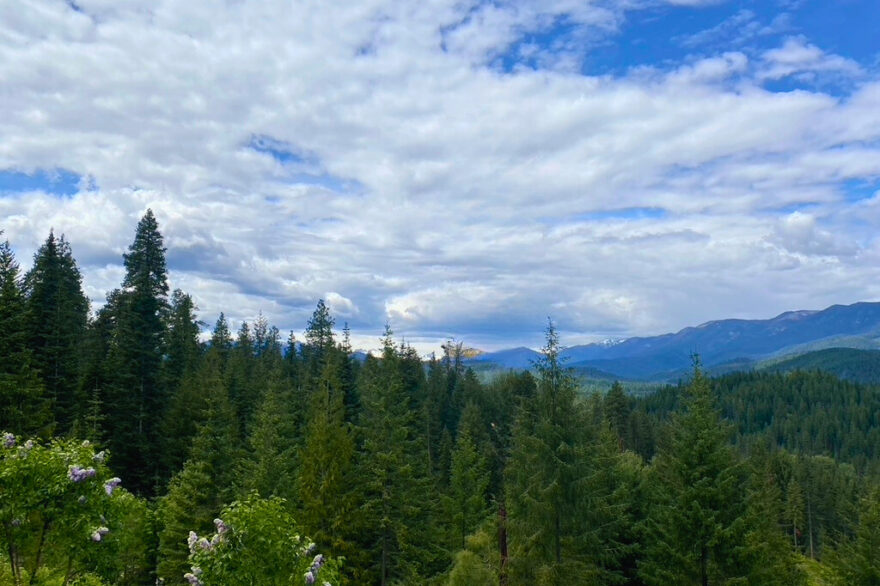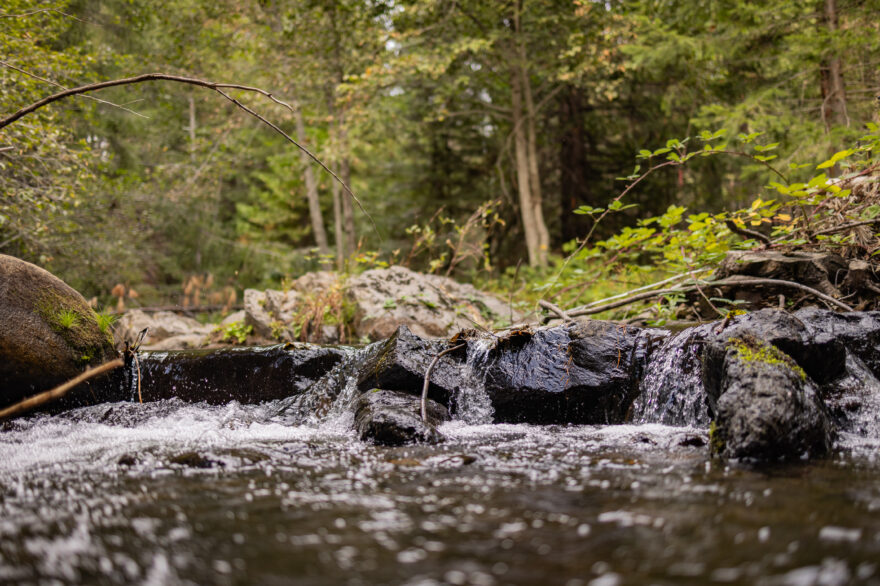Southern Oregon-Northeastern California (SONEC) I WRB
Southern Oregon-Northeastern California (SONEC) Region
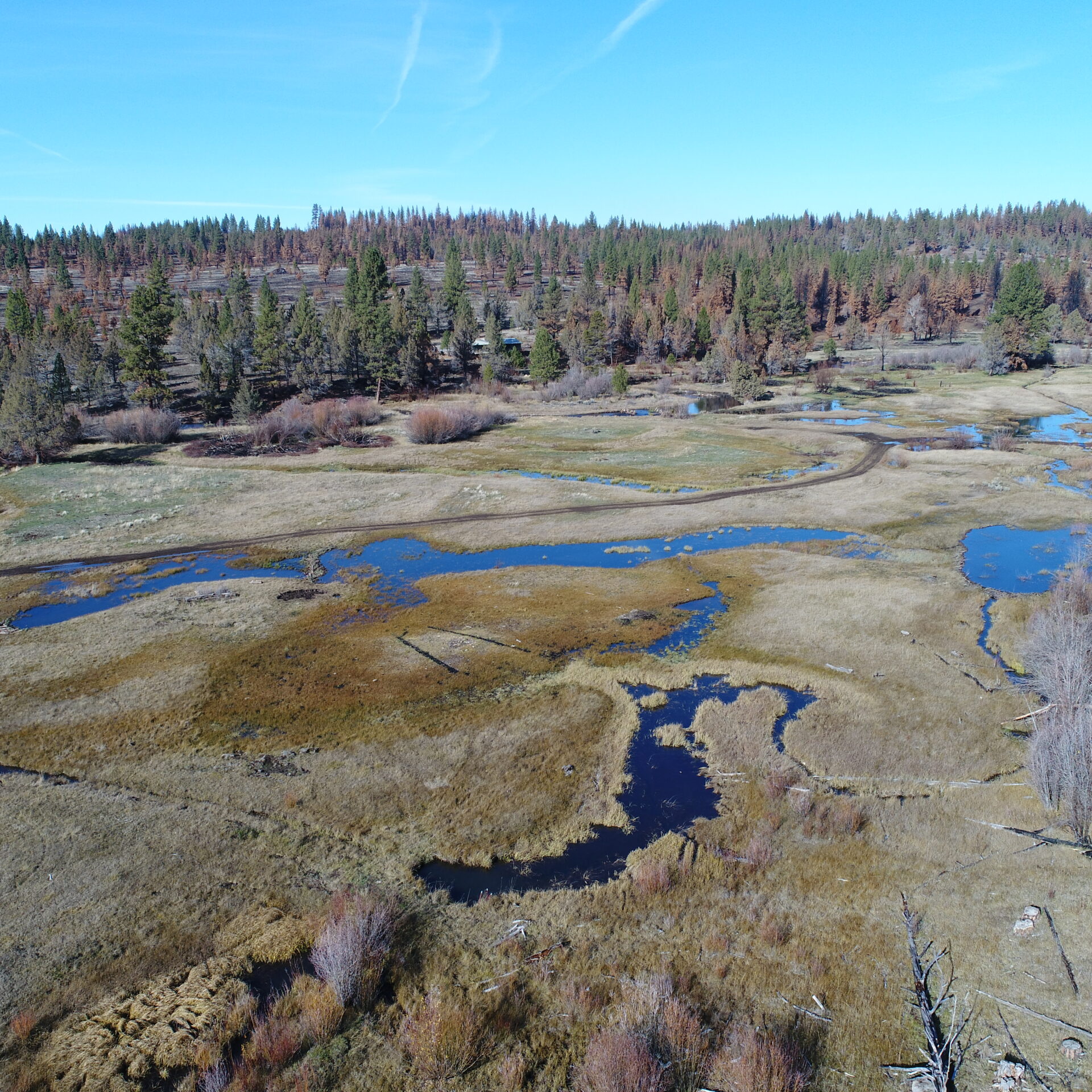
Oregon
Implementing conservation projects at landscape scales depends on everyone in the landscape being able to participate. Otherwise, even with the best intentions, landscapes are only treated through random acts of conservation kindness.
Expanding access to conservation practices on working lands is critical for landscape resilience in the Western U.S., improving the health of these ecosystems, and strengthening rural economies and communities. In the Western U.S., private working lands are critical to landscape health because they host 80% of water resources. Yet many of these landowners face barriers to participate in funding opportunities and carry out restoration on their lands. To address this issue, Blue Forest and Pheasants Forever have partnered to develop the first-of-its-kind Southern Oregon-Northeastern California I Watershed Resilience Bond (SONEC I WRB), launched in 2024.
The SONEC I WRB seeks to reduce obstacles faced by private landowners and accelerate restoration of working lands in the SONEC region, which provides critical habitat for many important species, including migratory birds. While federal funding is available for private landowners to implement conservation projects, participation in conservation programs boils down to overcoming three main barriers: time, financial capability, and knowledge. Removing these barriers allows more people to participate in conservation and communities to come together behind a shared vision of healthy working landscapes. Through the SONEC I WRB, Pheasants Forever will reduce or eliminate these barriers by managing contracts and financing the upfront project costs on behalf of landowners, enabling landowners to repay their portion of the cost share over time to Pheasants Forever interest-free. Additionally, Pheasants Forever provides essential technical support, assisting with funding applications, project planning, and implementation. Project treatments are expected to include enhancement and restoration of forest, wet meadow, grassland, and rangeland ecosystems and will enhance water resources through streamflow stabilization and raising the water table, and increase fire resilience by increasing the amount of wet meadows on the landscape. In addition projects are expected to improve wildlife habitat for Oregon Conservation Strategy species including sage grouse, greater sandhill cranes, and Great Basin redband trout—among many others.
This effort represents the first phase of the partnership between Blue Forest and Pheasants Forever. The success of this project will highlight how increasing access to conservation programs fosters cross-boundary landscape-level implementation that addresses ecosystem threats at an impactful scale. Blue Forest and Pheasants Forever are already exploring counties within the SONEC region where similar conservation finance principles could be applied to increase the pace and scale of implementation on private working lands.
Key Southern Oregon-Northeastern California I WRB Outcomes
-
310
310
miles of streams identified for project implementation
-
30
30
farms worked with over the next two years
-
29000
29000
acres of wet meadow habitat impacted through stream restoration efforts
Photos on the landscape:
Projects
Related Projects
View allIn the News
View all-
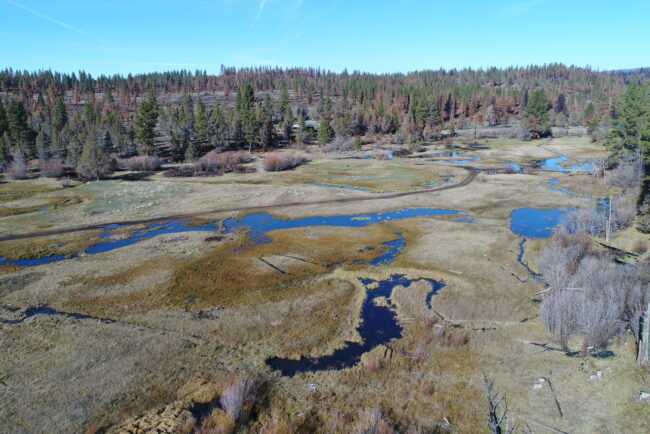
Media + Press
10.29.24
Blue Forest Partners with Pheasants Forever to Launch First-of-its-Kind Watershed Resilience Bond (WRB) Supporting Working Lands in Southern Oregon/Northeastern California (SONEC)
-
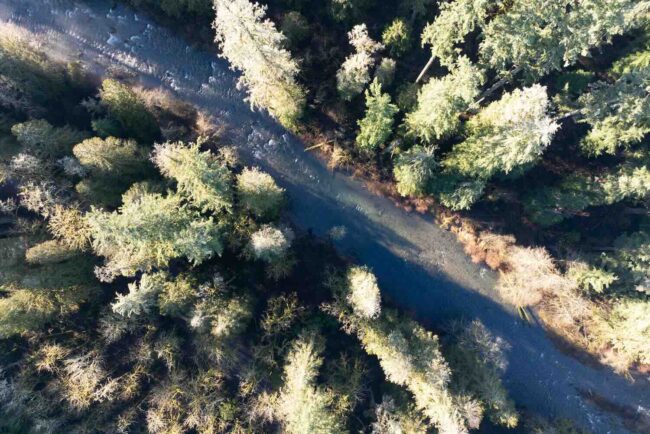
Media + Press
11.07.24
Blue Forest launches ‘watershed resilience bond’ to finance conservation projects on private lands | ImpactAlpha
-
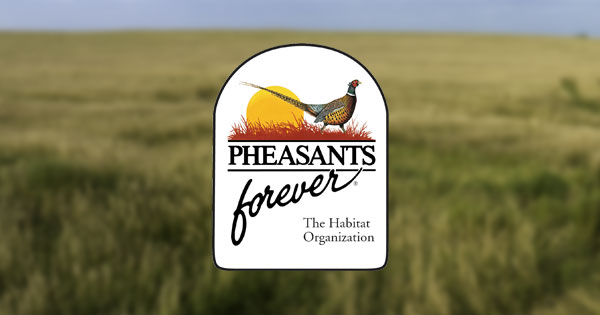
Insights
10.29.24
Partner Profile | Pheasants Forever
